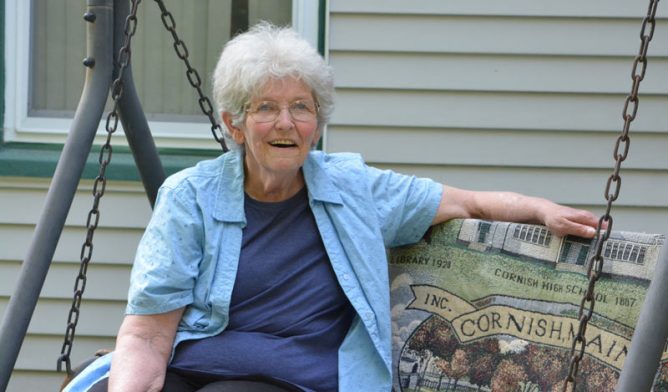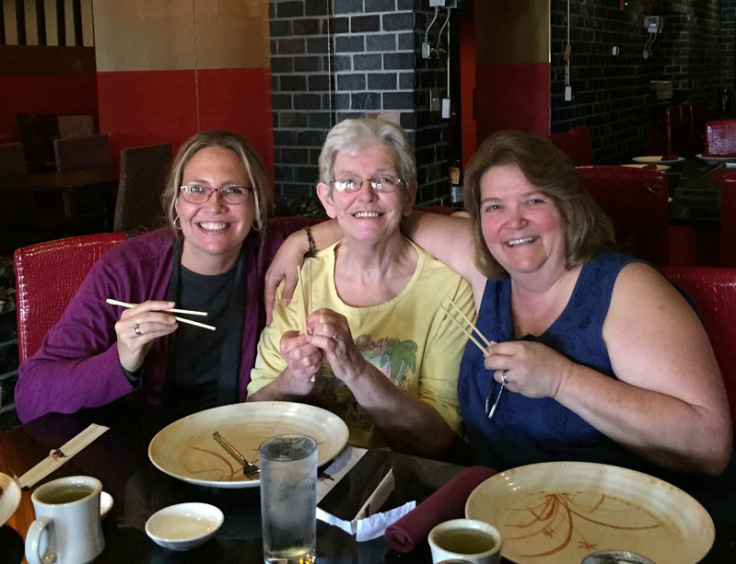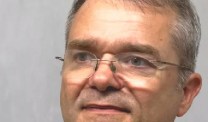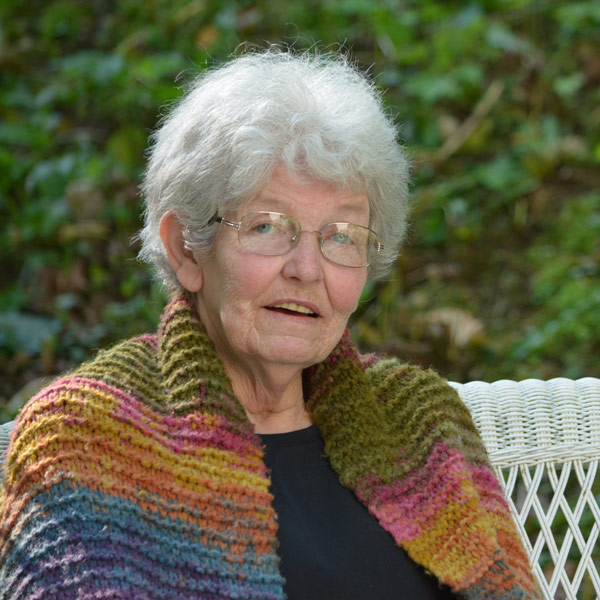What I’m Thankful for as a 7-Year Mesothelioma Survivor
Cancer & CaregivingWritten by Emily Ward | Edited by Walter Pacheco

My mesothelioma cancer diagnosis seven years ago was a game-changer.
When my doctor told me what I had, it was all a blur. But as the situation became clearer, everything seemed to fall in place.
Now, seven years later, I look back at what I credit for my longevity.
I no longer celebrate holidays the way I did before my diagnosis, but that doesn’t mean I’m not thankful for the events and the people who helped me get this far.
Professional Background and Self-Education
As the shock of my diagnosis wore off, I quickly turned to researching the best mesothelioma cancer centers and doctors to treat my disease.
Through 43 years as a registered nurse, I also took pride in educating myself about the latest trends and information in the medical community. That initiative helped me to pick myself up and dust myself off after my diagnosis.
There was no time to dwell on the past.
My research quickly led me to The Mesothelioma Center at Asbestos.com. I connected with Karen, who helped advise me on my treatment options for mesothelioma.
That led me to Boston, where I was under the care of Dr. David Sugarbaker. Affectionately known as “Mr. Mesothelioma,” Sugarbaker was considered the very best at treating this cancer until his death in 2018.
Seven years after my surgery, I continue to make the four-hour, round-trip trek to Boston from my hometown in Maine to receive the best care possible.
Support from My Primary Care Doctor
I’m not sure I would have ever made it to Boston without the relationship I had with my primary care physician, Dr. Eric Gerchman.
When it comes to getting medical care, you have to have someone pushing those buttons. Eric played a big part in steering that effort and getting me in the hands of top mesothelioma doctors.
I was also lucky with my pulmonologist, Dr. Dale Sotherland. He was someone I had never met before, but he’s such a patient advocate and dedicated to getting answers.
Most of the doctors in Maine have never seen mesothelioma before, much less treated the rare cancer. It is essential for patients to seek out the best care, and that often means traveling long distances and crossing state lines to go where the research is being done.
While Dr. Gerchman and Dr. Sotherland didn’t have all the answers, they helped guide me to Boston, and for that I’m forever grateful.

Learn about your diagnosis, top doctors and how to pay for treatment in our updated 2025 guide.
Get Your Free GuideTiming and Location
There’s obviously never a good time to be diagnosed with cancer, but I was fortunate to be living where I was on that day in August 2012.
While there were no mesothelioma specialists in my home state of Maine, I was just two hours from Brigham and Women’s Hospital, home of the International Mesothelioma Center.
I arrived at Brigham just before Dr. Sugarbaker left the cancer center to start the Lung Institute at Baylor College of Medicine in Houston.
What if I was still living in Florida at the time of my diagnosis? Would I have ever met Dr. Sugarbaker and his expert team at Brigham? Florida has an established mesothelioma program now at Moffitt Cancer Center in Tampa, but that wasn’t the case seven years ago.
Sugarbaker left for Baylor not long after performing my surgery. At the time, I thought my whole world was falling apart. I was losing the doctor who gave me the best chance at survival.
Lo and behold, I became a patient of Dr. Raphael Bueno, now the director of the International Mesothelioma Program in Boston. I later was transferred to nearby Dana-Farber Cancer Institute under the care of medical oncologist Dr. David Jackman.
I continue to visit Dr. Jackman to this day. I underwent several rounds of chemotherapy under his care and now receive monthly infusions of the immunotherapy drug Keytruda at Dana-Farber.
Jackman is a straight shooter. He respects my opinions and the treatment decisions I make. Having that trust in your doctor is invaluable as a mesothelioma survivor.
Friends, Family and Small-Town Life
I’m thankful to live in a small town where I know basically everyone and where I have a strong support system.
Several of my brothers and their families are here. My best friend, Nora, keeps me busy with catering events and keeps my belly full with all kinds of delicious foods.
Even the places where I’ve worked since retiring from nursing have all been supportive.
The most important factor in my seven years of mesothelioma treatment has been quality of life. I’ve been blessed with a team of medical professionals who respect my wishes and have found treatment plans that keep me alive and still a functioning member of society.
I’m still able to stay active, work part time, attend community events and do many of the things I did before I was diagnosed with malignant mesothelioma.

Thankful for Every Single Day
Most of all, I’m thankful for every single day, because none of it may have happened.
I could have been one of those patients who only lived six months to a year after my diagnosis.
My earlier rounds of chemotherapy could have impacted my life, much like my most recent chemo experience, where I was sick and bedridden for more than a week.
I had no idea how this journey would unfold, but now — seven years later — I sometimes think I have a better chance of being hit by a bus than mesothelioma taking my life.
We all will die one day. Whether it’s the cancer in my chest that does me in or something else, I wake up each day thankful and humbled because every day is a gift.







